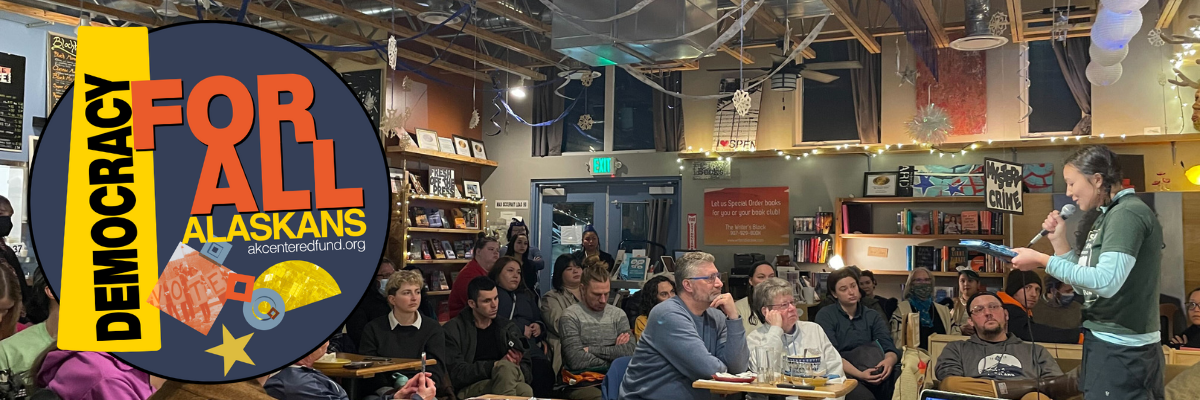February is nationally recognized as Black History Month. It was declared a national holiday in 1976 by President Gerald Ford. Since then, the United States has celebrated the achievements of African Americans. While this month is a time to honor and celebrate, it is also a great opportunity to learn and reflect on what we can do to help achieve racial equity.
A 2022 Pew Research Center study found that about 6 million American adults identify as Afro-Latino. That's 2% of the total adult population of the United States and 12% of the Latino adult population. From music, food, and even language, Central and South America has been heavily influenced by African culture over time, given the history of colonization, which included the slave trade. It is important to see how this affected and continues to affect Hispanic countries and cultures.
One issue that must be considered is the racial inequality it has caused. This is a huge part of history in many parts of the world. One way to help ensure that we are moving in the right direction is by electing people who understand and value the importance of racial equity and justice. It is also important to hold our elected leaders accountable when they cause harm to others, intentionally or not. In addition to electing and holding leaders accountable, you can also advocate for yourself and others; Elizabeth Peratrovich did just that.
Elizabeth Peratrovich was an Alaska Native civil rights activist who helped pass the Alaska Anti-Discrimination Act of 1945. This was the first anti-discrimination bill in the United States. She said: “Asking you to give me the same rights implies that they are yours to give. Instead, I must demand that you stop trying to deny me the rights that all people deserve." Peratrovich knew that everyone deserved to be treated equally under the law, regardless of who they were or what they looked like. February 16 was declared Elizabeth Peratrovich Day here in Alaska in the late 1980s for her efforts to create a more perfect union. She was a true Alaskan pioneer and leader.
We can all keep up this job of protecting our right to vote in elections. Several bills have been introduced in the Alaska state legislature limiting that right. Our government is supposed to work for everyone, paying attention to the needs and challenges of each and every individual. We all deserve to have a voice in a true participatory democracy. However, substantial systemic barriers remain for many Alaska voters. In the 2022 election, rural and predominantly Native districts saw roughly one in eight ballots rejected by the Division of Elections, with the percentage of uncounted ballots as high as 17% in Bethel. This may be because voters made mistakes on their ballots, such as not including the signature of a witness and they were not allowed to fix it. The result of these errors means the disenfranchisement of voters in Alaska.
We must remove all systemic barriers for Alaskans to vote. One way to do this is to protect ranked voting in Alaska, which gives voters more agency in their elections and encourages a more diverse set of candidates to run. Passage of Senate Bill 19 would greatly benefit voters by requiring the Division of Elections to pay for return postage on absentee ballots, allow ballot healing for signature issues, and create a tracking system of tickets. This bill would also create a robust process for voters to “curate” their mail-in ballots. Voters could correct any errors on their ballot, such as forgetting to include a witness signature on absentee ballots. Keeping elections accessible to voters is the foundation for creating a fairer and more equitable future. This month, think about a topic that interests you and try to find a way to make a difference.
As we celebrate the work of Black, Afro-Latino, and Indigenous leaders in the fight for equity and equality, we also have an opportunity to be more proactive in ensuring that democracy itself can be a more accessible and equitable process for all Alaskans. We can be the tools for change, for racial justice, and for climate justice.
For more information on voting and democracy issues, go to https://akcentereducationfund.org/democracy/ to get involved!
Jasmine Carter is the daughter of Mexican and Costa Rican immigrants, born and raised here in Alaska.
She is the South-Central Civic Engagement Organizer at The Alaska Center Education Fund.

